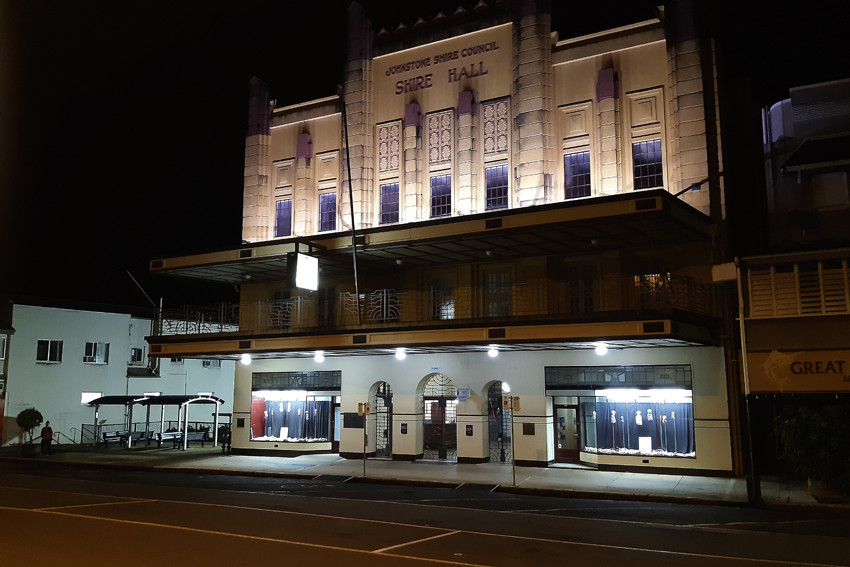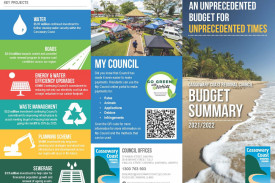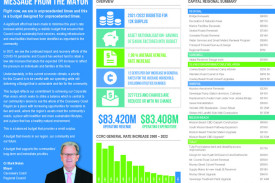General News
26 June, 2021
A budget to strengthen the Cassowary Coast
Cassowary Coast ratepayers will see an average 1.98 per cent increase in their General Rates bill this coming financial year.

This is the first budget fully prepared by Mayor Mark Nolan and his team of councillors and continues the low-rate increase pattern set by the previous Council.
The Budget as presented for the 2021/22 year features zero new borrowings and a modest $12,000 surplus.
Key Points:
$12,000 surplus forecasted
1.98 per cent General Rate Increase
Council will resume the management of all Waste Transfer Stations in the region
The period allowed for the payment of rates will revert back to 30 days after the past 12 months extension to 60 days due to COVID
Prompt payment discount of 10 per cent remains
Pensioner concessions remain unchanged
In presenting this year’s budget, Mayor Nolan expressed that we are in unprecedented times, and this is a budget for unprecedented times.
“A significant effort had been made to minimise this year’s rate increase whilst presenting a realistic budget that ensured that Council could sustainably fund services, existing infrastructure and new facilities that have been identified as important to the community.
“In 2021, we see the continued impact and recovery efforts of the COVID-19 pandemic and Council has worked hard to retain a low-rate increase that abuts CPI to reflect the pressure on individuals and families at this time.”
Cassowary Coast Regional Council remains in a strong fiscal position, and in line with our financially sustainable approach, the budget provides for a total operating revenue of $83.420M and operating expenses of $83.408M and will deliver a small operating surplus of $12,000 whilst sustaining a sound cash position.
It was announced that Council would takes over the management of all transfer stations, commencing August 2021. Whilst this necessitated an increase in employees costs, the resultant management cost savings would result in the Waste Transfer Stations being a revenue stream for Council instead of a cost.
Water charges may increase for some residents as a result of Councils reducing the water consumption tiers from 450KL to 425KL, to encourage sustainable water consumption. The Cassowary Coast whilst recognised as one of the wettest regions in Australia, has a history of boiled water alerts as well as excessively high average water consumption.
Major water infrastructure upgrades and investment in three new reservoirs has eased the boiled water alert issues, the reduction in water consumption tiers will further strengthen and secure the water supply issues in the region.
For the first time Council engaged with the Community Consultative Group to seek feedback and directions regarding this new budget, a process described as positive and very fruitful.
Council’s Chief Financial Officer, Gurbindar Singh reported of Council’s Financial Sustainability Ratio measures.
Due to a short fall and projected deficit from last years’ budget Council failed to meet all three Financial Sustainability Ratios. However, Mr Singh reported that Council plan to and will meet all three measures by the end of this financial year.




